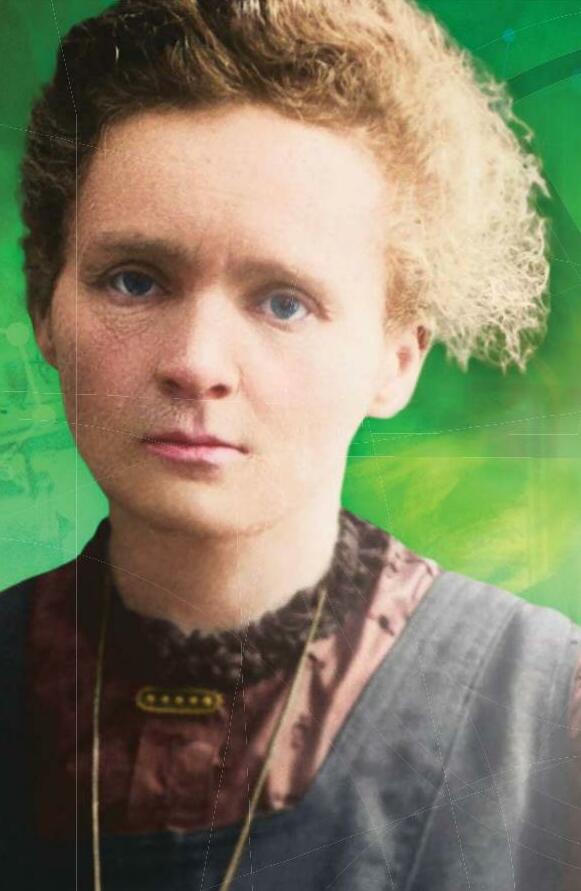
Marie Curie might have lived a long time ago, but she is still inspiring people today. This superstar scientist won two Nobel Prizes and discovered two new chemical elements. She was also one of the first researchers to investigate radioactivity and organised mobile X-ray units during the First World War (1914–1918). Curie did this just a few years after women were first allowed to study at universities. To mark the International Day of Women and Girls in Science on 11 February, let’s take a look at this remarkable scientist’s life story.
Secret schooling
In 1867, when Maria Sklodowska (as she was then known) was born, Poland was part of the Russian Empire. Around the world, women were only just beginning to be accepted into universities. The first French woman to gain a degree graduated in August 1861. In 1868, the first women were admitted to university in Britain. In Poland, however, women were not allowed to enrol in universities, so the young Maria took lessons with the Flying University, a secret college that gave lessons in changing locations such as private houses around the country.
Bu hikaye The Week Junior Science+Nature UK dergisinin Issue 71 sayısından alınmıştır.
Start your 7-day Magzter GOLD free trial to access thousands of curated premium stories, and 9,000+ magazines and newspapers.
Already a subscriber ? Giriş Yap
Bu hikaye The Week Junior Science+Nature UK dergisinin Issue 71 sayısından alınmıştır.
Start your 7-day Magzter GOLD free trial to access thousands of curated premium stories, and 9,000+ magazines and newspapers.
Already a subscriber? Giriş Yap
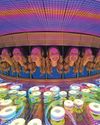
Camera Obscura
Imagine stepping inside a dark room, where the only source of light comes through one small hole in the wall.

MANCHESTER SCIENCE FESTIVAL
From 18-27 October, shoppers at the Arndale shopping centre in Manchester, England, will face a giant spider.
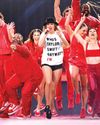
Should musicians stop touring?
Multiple concerts travelling around the world have a big impact on the environment.
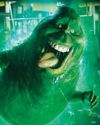
Are ghosts real?
Plenty of people believe in ghosts, but it's hard to find proof.

SMASH STEREOTYPES
In an extract from his prize-winning book, scientist and writer Adam Rutherford shows you how to use the power of science to fight racism. This chapter, titled Myth-Busting, is all about sport.

Animal awareness
What would it feel like to be another animal?
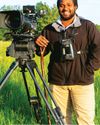
Hamza Yassin
Go behind the camera with a wildlife filmmaker.
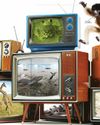
WILDLIFE WATCH
Ben Hoare goes on a safari from his sofa to discover how nature documentaries are made.
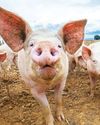
Big bum breakthrough
A team of researchers who found out that mammals can breathe through their bottoms have won a prize at the lg Nobel awards.
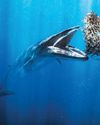
A jaw-dropping undersea snap
A photograph of a Bryde's whale feeding on a heart-shaped \"bait ball\" of sardines has won the Ocean Photographer of the Year contest.